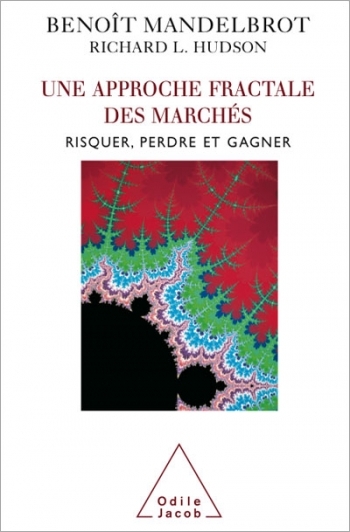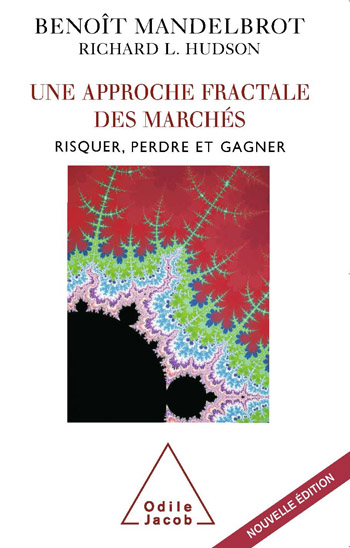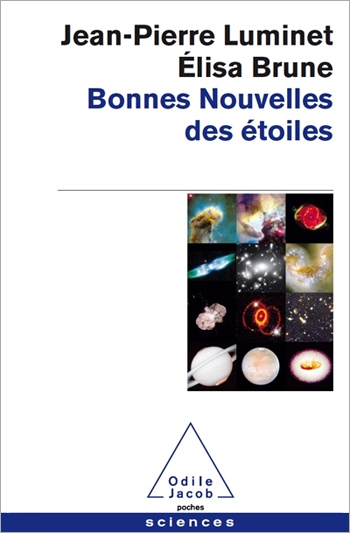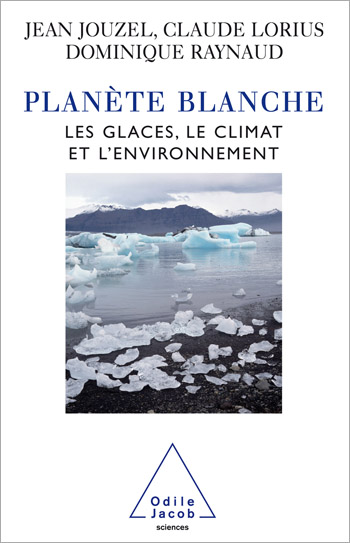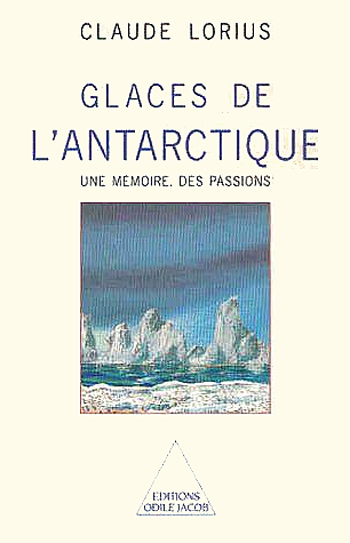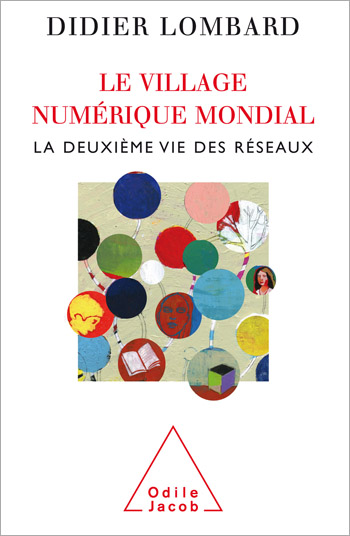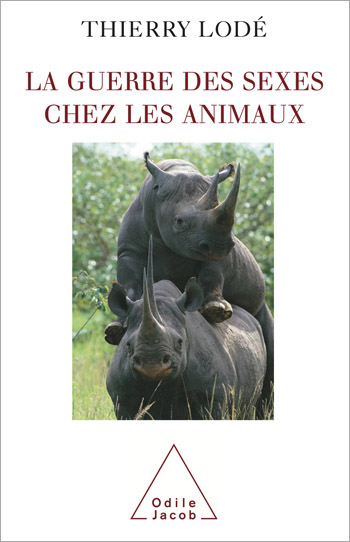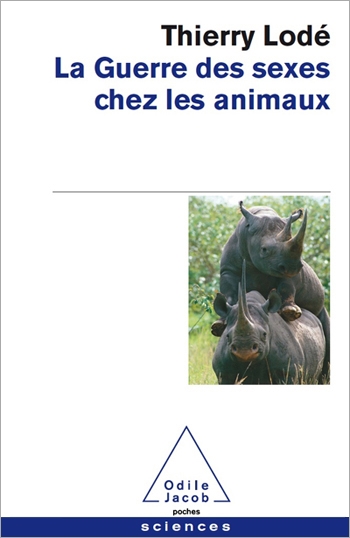Science All books
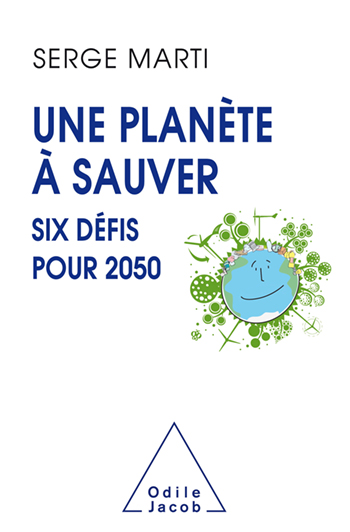
Serge Marti
Planet Earth : Six Challenges for 2050
A vast overview of the great socio-eco-economic problems of the planet. Clear and factual analyses, showing the interdependence of the issues.
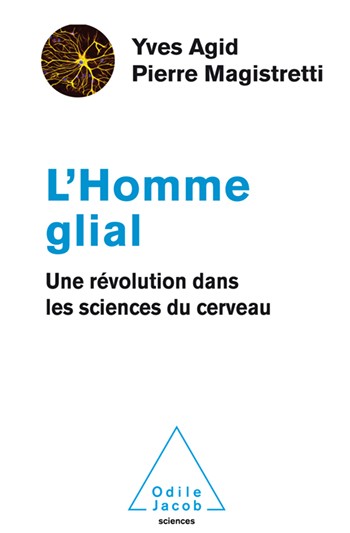
Yves Agid, Pierre Magistretti
The Glial Man A Break in Neuroscientific Thinking
A strong thesis with three-fold implications: a new way of understanding the functioning of the human brain; new bases to better diagnose neuro-psychiatric pathologies; new paths for research into treatments against these diseases.
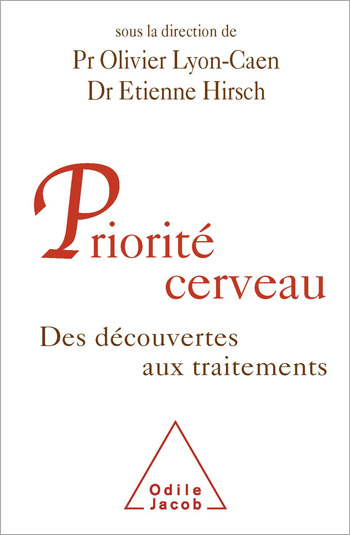
Olivier Lyon-Caen, Etienne Hirsch
Priority: The Brain From Findings to Treatments
This book advocates the development of a “Brain Programme” with a global approach toward the study and treatment of neurological pathologies, while appealing to public support, with firm political backing, in order to make the realisation of such a programme feasible.
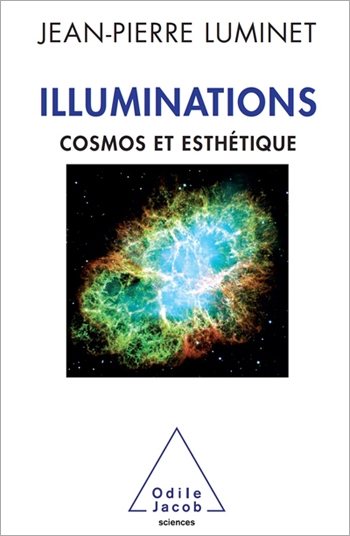
Jean-Pierre Luminet
Illuminations Cosmos And Design
An eminent scientist explains the Universe through a number of short stories, anecdotes and revelations while guiding us on a fascinating journey.
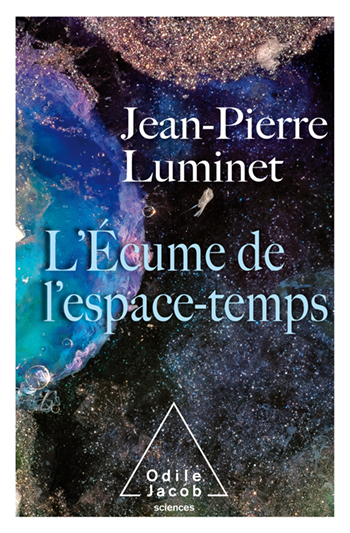
Jean-Pierre Luminet
The Froth of Space-Time The marvels of quantum gravity
The most abstract (and most recent) theories in physics and cosmology explained to all! No equations: only ideas and passion. A must for all science fans.
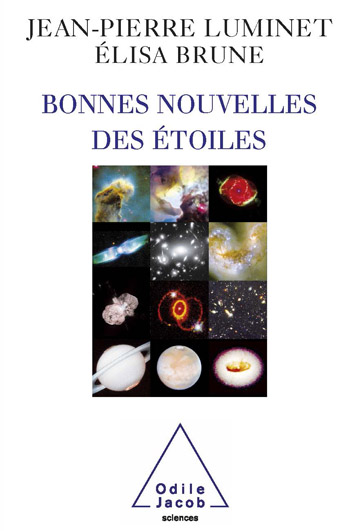
Jean-Pierre Luminet, Élisa Brune
Good News from the Stars
This book describes the current state of knowledge on astronomy, without taking the form of a science lesson.
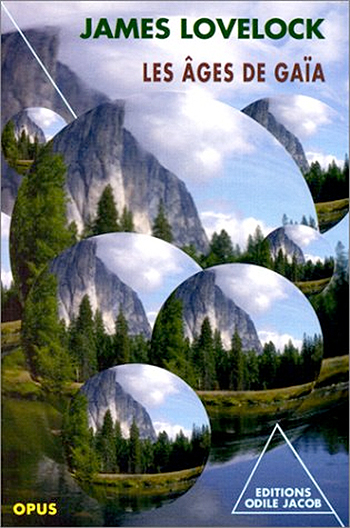
James Lovelock
The Ages of Gaia A Biography of Our Living Earth
The fascinating, controversial and most-worshipped hypothesis of ecologists - that of considering the Earth as the biggest living organism, referred to as Gaïa. It is here discussed by its inventor in person, who shows us that if our planet hasn't always had the same face, it's because there have been several ages corresponding to the predominance of very different species. In three centuries, humanity has wrought more modifications to the face of Gaïa than natural evolution did in millions of years. Although he does not doubt that the Earth, today turned completely upside-down by industrial activities, will find a new equilibrium, he does suppose that it could at the price of the disappearance of man, whose reign represents only one of the ages of Gaïa. Born in 1919, James Lovelock is the author of The Gaïa Hypothesis, a book which shook up the scientific world in the beginning of the seventies and met with great public acclaim.
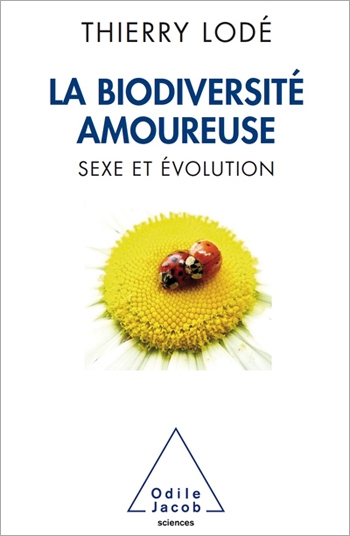
Thierry Lodé
Amorous Biodiversity Sex and Evolution
A new approach to evolution, linked to sexuality, for a better understanding of the history of biodiversity

